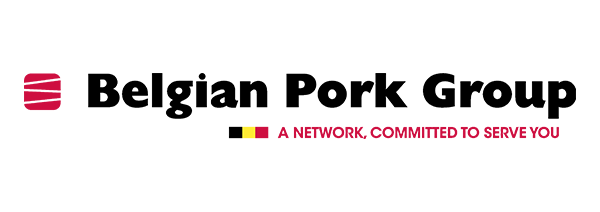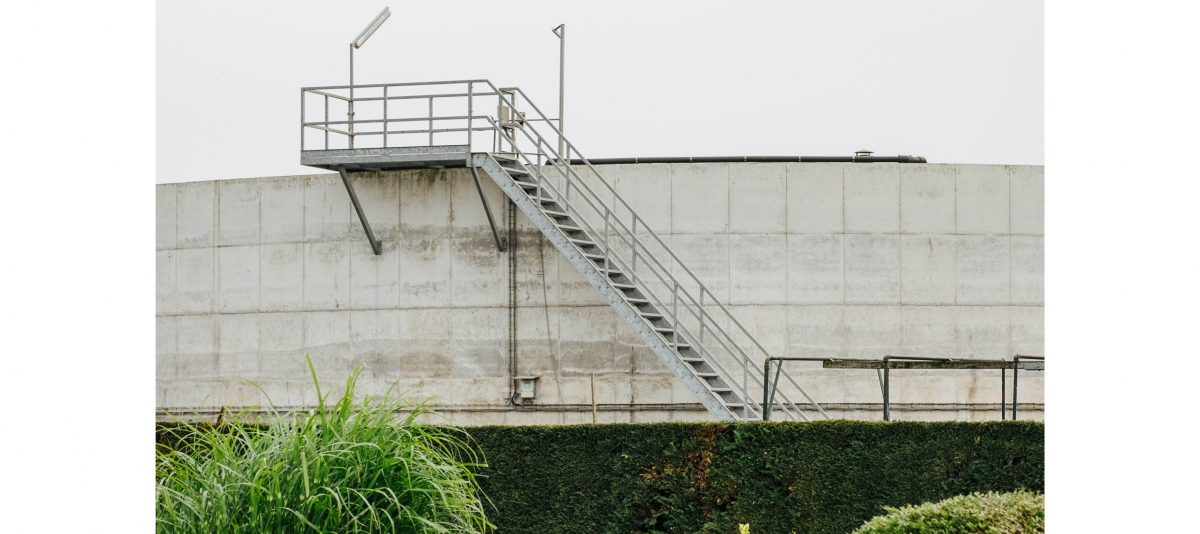At Belgian Pork Group, our main concern is the planet and its future. Our job is to take this into account at every step and search for improvements. T&W pig farmers also have various options to contribute to sustainable development.
Investments such as solar panels, the use of waste flows, the use of own raw materials, green energy ... all contribute to this. Any initiative that the T&W pig farmer takes in this framework has our full support.
T&W pig farmers must have an action plan for waste, water and manure management.
- Water: An overview of the current consumption is available and a plan is in place that aims to reduce water consumption as much as possible (e.g. cleaning of stables with rainwater, renewal of gutters ...)
- Waste: As long as we only consider manure as waste, we will always have surpluses.The solution is sustainable processing. A plan that focuses on maximum waste reduction or waste management can be submitted on demand.
- Manure: We adhere to the existing (already very strict) statutory guidelines with respect to manure legislation.
Since the introduction of the new manure action plan (MAP6), farmers must sow a catch crop after their main crop. The catch crop absorbs the remaining nitrate-nitrogen, preventing the nitrates from leaching into the groundwater or nearby ditches. Different types of catch crops are permitted, such as white mustard, fodder radish or rye grass, or mixtures of the above with sunflowers.
As a result, Belgian Pork Group is in favour of any initiatives that reduce the nitrate and phosphate levels in our soil.
Belgian Pork Group expects T&W pig farmers to use low-nutrient feeds. The compound feed industry offers several types of adapted feeds. These feeds contain less phosphate or nitrogen than traditional feeds.

